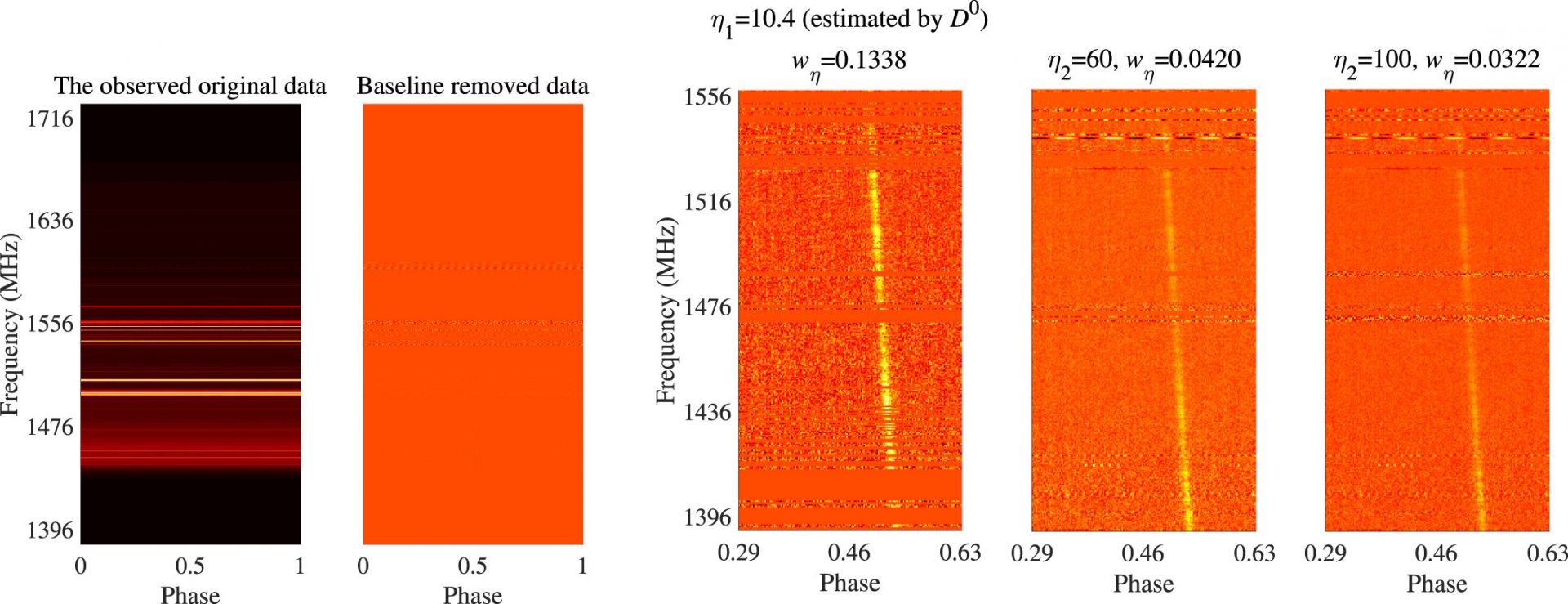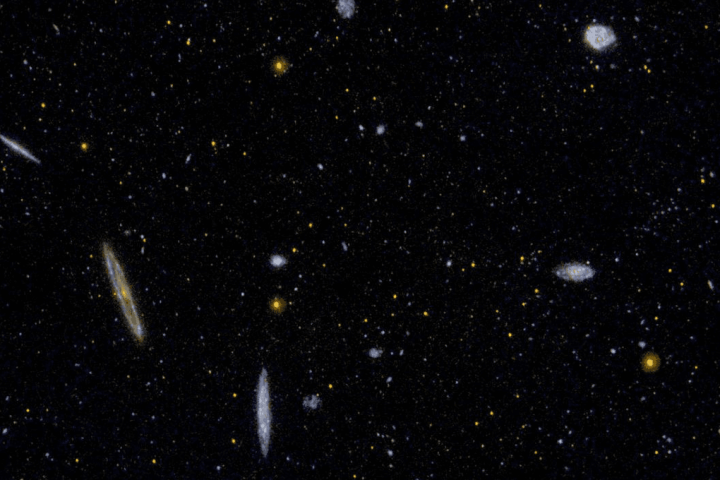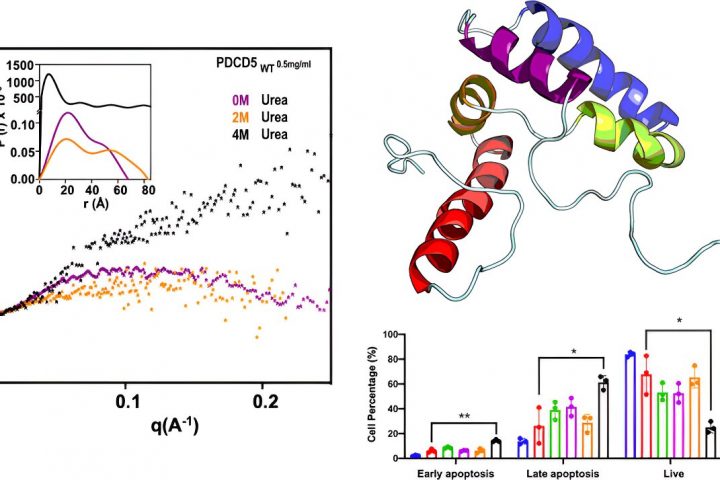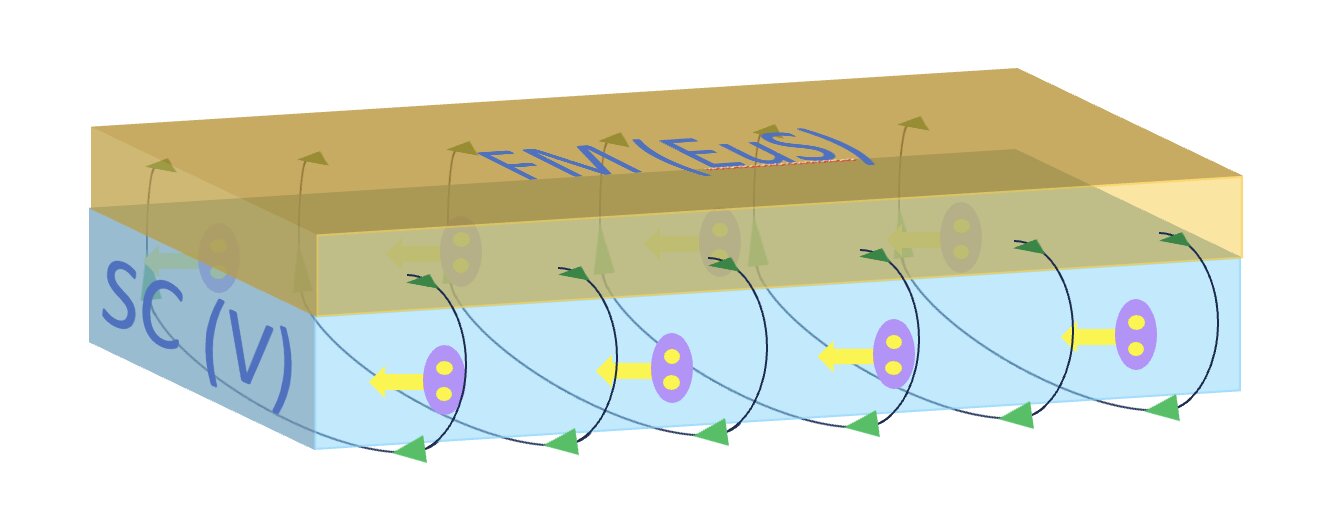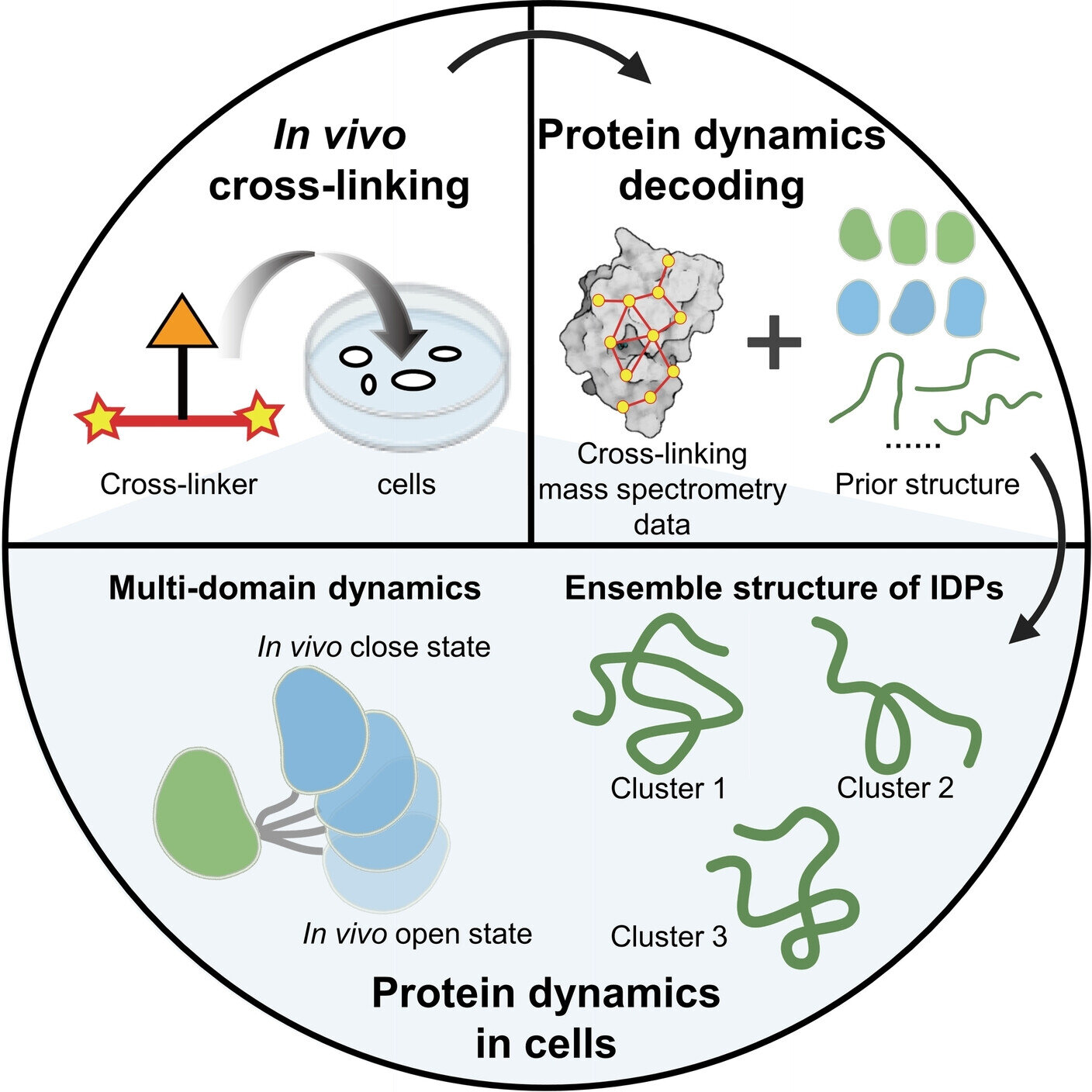Are you tired of radio frequency interference (RFI) distorting your multichannel time-frequency radio signals? Well, fret no more! We have the solution for you.
Forget about the limitations of linear methods and the cumbersome nature of thresholding methods. We have developed a concise and versatile framework that can effectively distinguish signals from RFI.
Our groundbreaking study, conducted by Dr. Shan Hao from the Xinjiang Astronomical Observatory, has proven the effectiveness of our model in mitigating RFI typically found in pulsar signals.
Published in the Astrophysical Journal on July 18, our optimized signal decomposition model reduces empirical factors and increases operability. It even overcomes the non-Gaussian characteristic of RFI through robust nonlinearity.
But that’s not all! Our model also recovers detailed signal contents, compensating for the loss of measurement sensitivity. This means improved timing accuracy and time-of-arrival estimation in pulsar timing experiments.
Dr. Shan expressed his excitement about the future, saying, “Gravitational wave detection based on pulsar timing is a hotspot in the field of radio astrophysics. We will continue to improve our algorithm’s efficiency to handle large quantities of data and conduct preliminary research for gravitational wave detection based on timing data.”
